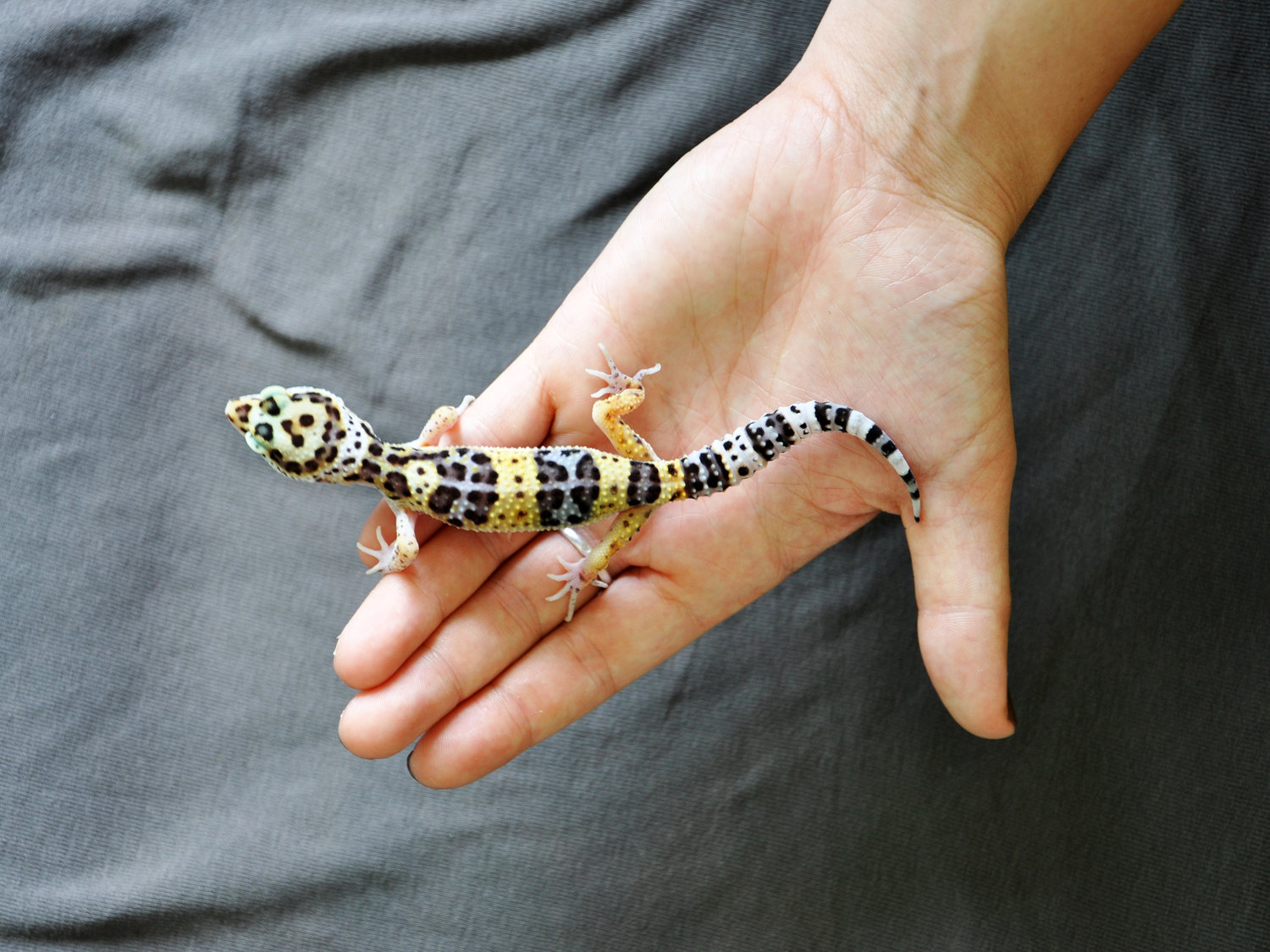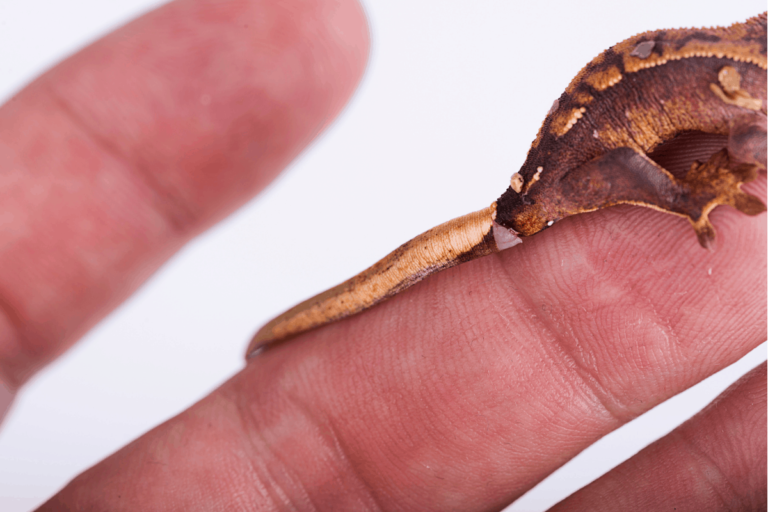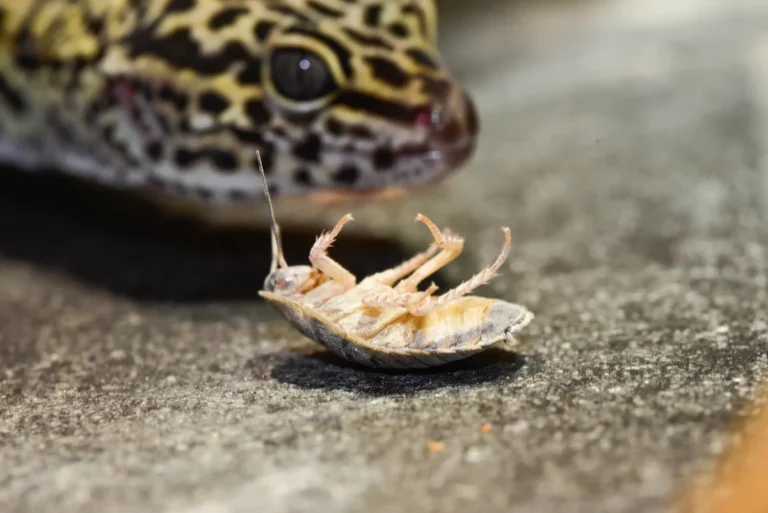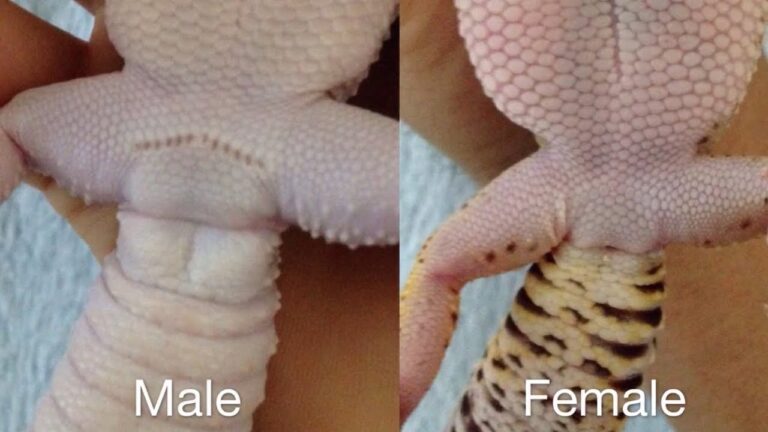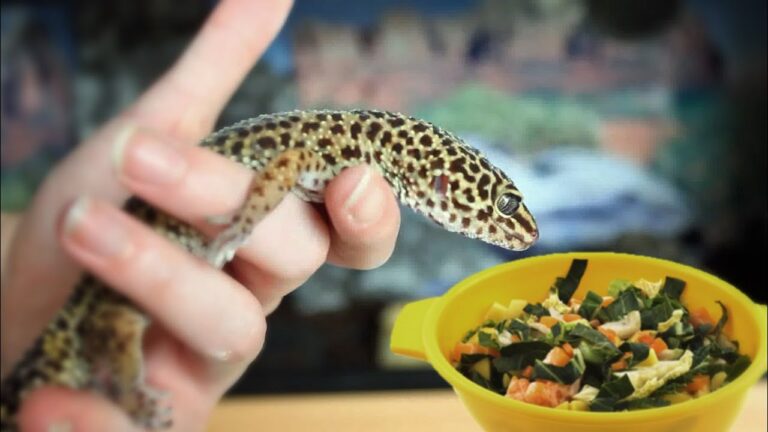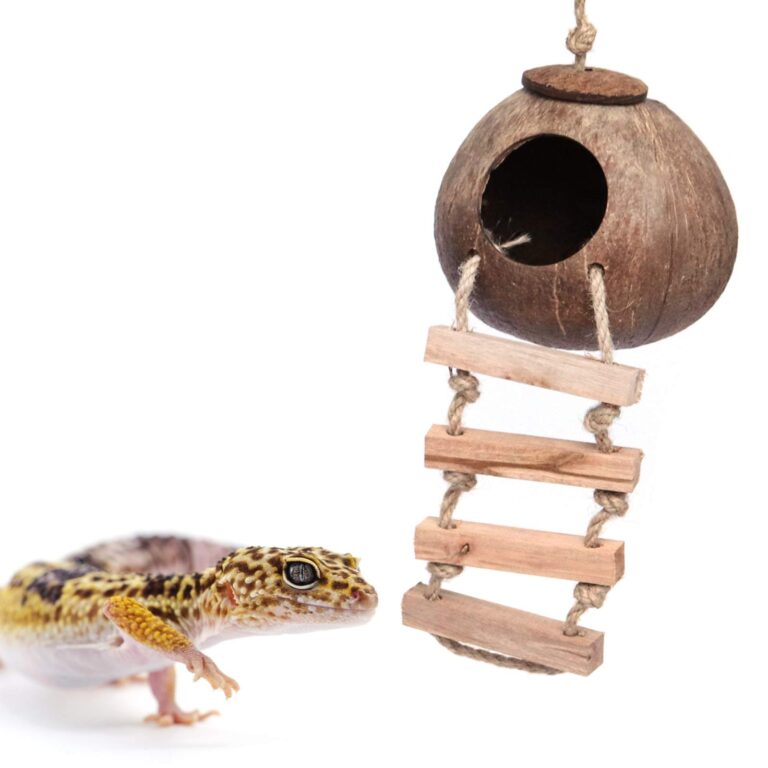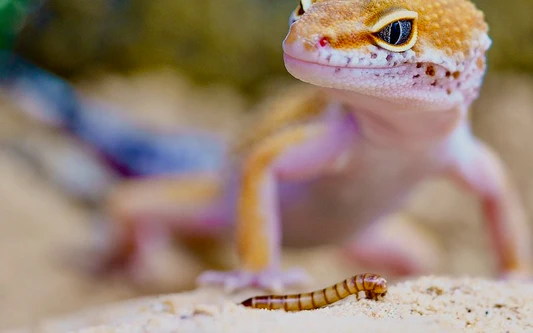Do Geckos Eat Mosquitoes? Discover The Fascinating Truth
I’ve always been fascinated by the incredible world of reptiles, and one particular creature that has captured my attention is the gecko. These small, agile reptiles are known for their unique abilities, from their astonishing climbing skills to their distinctive calls. But there’s one question that’s been on my mind lately: do geckos eat mosquitoes?
Yes, they do munch on mosquitoes. These little reptiles love snacking on them, especially when they are buzzing around in large numbers. Here is a twist geckos have super sticky tongues that they use like speedy lassos to catch those pesky mosquitoes.
Now, they aren’t just a nuisance to us; they can also carry diseases like malaria and dengue fever. But here’s the good news: geckos naturally keep their numbers in check by gobbling them up. So, they are like tiny, helpful mosquito bouncers for our environment.
Hence, let’s start the journey
Gecko Species and Mosquito Consumption
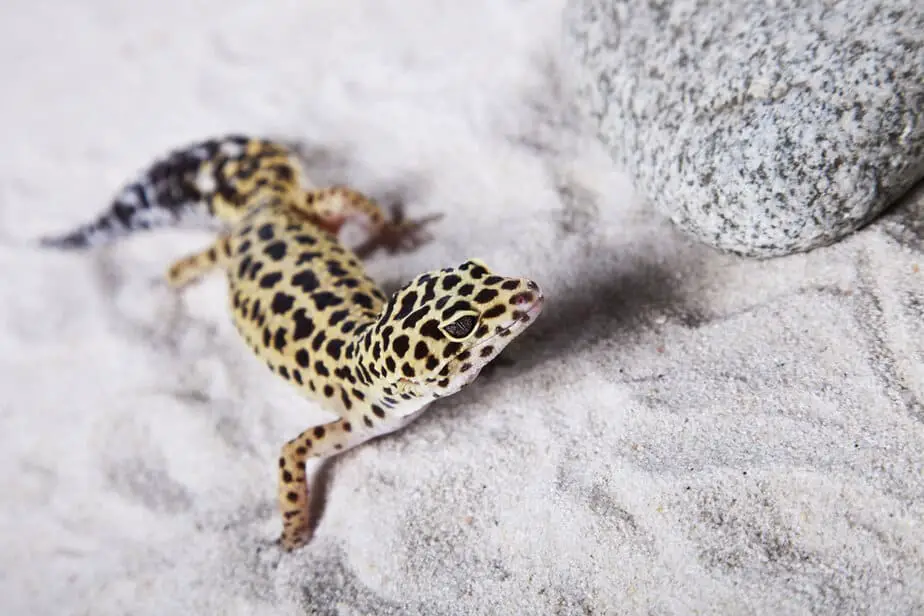
General Insectivores: Most gecko species are insectivores, which means they primarily feed on insects. This includes mosquitoes, as well as other small insects like flies, ants, and beetles. However, the exact composition of their diet can depend on factors such as their habitat and the availability of different prey items.
Dietary Variation: Some gecko species are more specialized in their diet, while others are opportunistic feeders. While they may eat mosquitoes when they are available, they might consume a variety of other insects too.
Habitat Influence: They adapt to their local environments, and their diet can be influenced by the types of insects present in their habitat. For instance, those in urban areas might have easier access to mosquitoes due to artificial lighting attracting them, while those in more rural or natural settings might have a broader diet.
Size Matters: The size also matters. Smaller species typically eat smaller insects, including one, while larger ones may consume larger prey items.
Benefits of Geckos Eating Mosquitoes
Mosquito Population Control:They are natural predators of mosquitoes. By consuming mosquitoes, they help control their numbers. This is especially beneficial in areas where mosquitoes are vectors for diseases like malaria, dengue fever, and Zika virus. Further, they can contribute to reducing the spread of these diseases by keeping it populations in check.
Reduced Nuisance: Moreover, these are not only carriers of diseases but are also a nuisance due to their itchy bites. So, the superhero gecko help reduce the annoyance factor by feeding on adult mosquitoes. This can make outdoor spaces more enjoyable for humans.
Ecosystem Balance: Geckos are part of the food web in many ecosystems. By preying on mosquitoes and other insects, they help maintain ecological balance. Overpopulation of any species, including mosquitoes, can disrupt ecosystems, and they play a role in preventing such imbalances.
Decreased Need for Pesticides: In areas where they are abundant and effective best predators, there is often less reliance on chemical pesticides to control populations. This is environmentally friendly and reduces the potential harm to non-target species.
Energy Efficiency: Also, they are energy-efficient predators. They can catch and consume numerous in a relatively short amount of time. This efficiency helps conserve their own energy and resources while effectively controlling mosquito numbers.
Support for Biodiversity: By helping control populations, they indirectly support the survival of other species that may be affected by mosquito-borne diseases. This contributes to the overall biodiversity of an ecosystem.
Challenges and Considerations
Ecosystem Balance: Relying too much on them to control it can disrupt nature’s balance.
Habitat Loss: Cutting down trees and building cities can destroy geckos’ homes, reducing their mosquito-fighting abilities.
Pesticide Problems: Using pesticides on mosquitoes can harm geckos when they eat contaminated bugs.
Climate Changes: Warming weather affects both mosquitoes and where geckos live.
Disease Dangers: Geckos can carry diseases like salmonella, so be careful when handling them.
Invasive Species: Bringing in non-native can harm local ecosystems.
Human-Gecko Conflicts: Geckos might enter homes, causing issues with humans. Finding peaceful solutions is vital.
Respect for Culture: Some cultures view geckos as important, so their beliefs should be honored.
FAQs
Do all gecko species eat mosquitoes?
No, not all gecko species eat mosquitoes as their primary food source. While many gecko species are insectivores and will consume mosquitoes when available, their diets can vary depending on their habitat and the availability of different prey items.
How many mosquitoes can a gecko eat in a day?
The number of mosquitoes a gecko can consume in a day can vary depending on the gecko’s size, species, and the availability of prey. On average, a single gecko may consume several dozen mosquitoes in a night.
Do geckos only eat adult mosquitoes, or do they eat mosquito larvae too?
Yes,Geckos primarily feed on adult mosquitoes, but they may also consume mosquito larvae if they encounter them. Their diet often includes a variety of small insects, not just mosquitoes.
Are geckos a sustainable and effective way to control mosquito populations?
No, Geckos can contribute to controlling mosquito populations, but they are just one part of the ecosystem’s natural mosquito control mechanisms. Sustainable mosquito control usually involves a combination of factors, including biological predators like geckos, mosquito control programs, and habitat management.
Can geckos transmit diseases to humans when they eat mosquitoes?
Yes, While geckos are not known to transmit diseases directly to humans through mosquito consumption, it’s important to handle geckos with care to avoid potential disease transmission. Salmonella is one example of a disease that can be associated with reptiles, including geckos, so practicing good hygiene when handling them is essential.
Final Words
In a nutshell, geckos really do eat mosquitoes, which is pretty cool. These little reptiles help keep the mosquito population in check, making our lives less itchy and reducing the risk of diseases mosquitoes can spread.
But here’s the thing: while geckos are helpful, they’re not the only solution to the mosquito problem. We need to remember that ecosystems are like giant puzzles, and geckos are just one piece. So, we should use various strategies, like mosquito control programs, to keep things balanced.
This adventure into the world of geckos has shown me how nature’s pieces fit together, highlighting the delicate web of life that keeps our planet humming.

